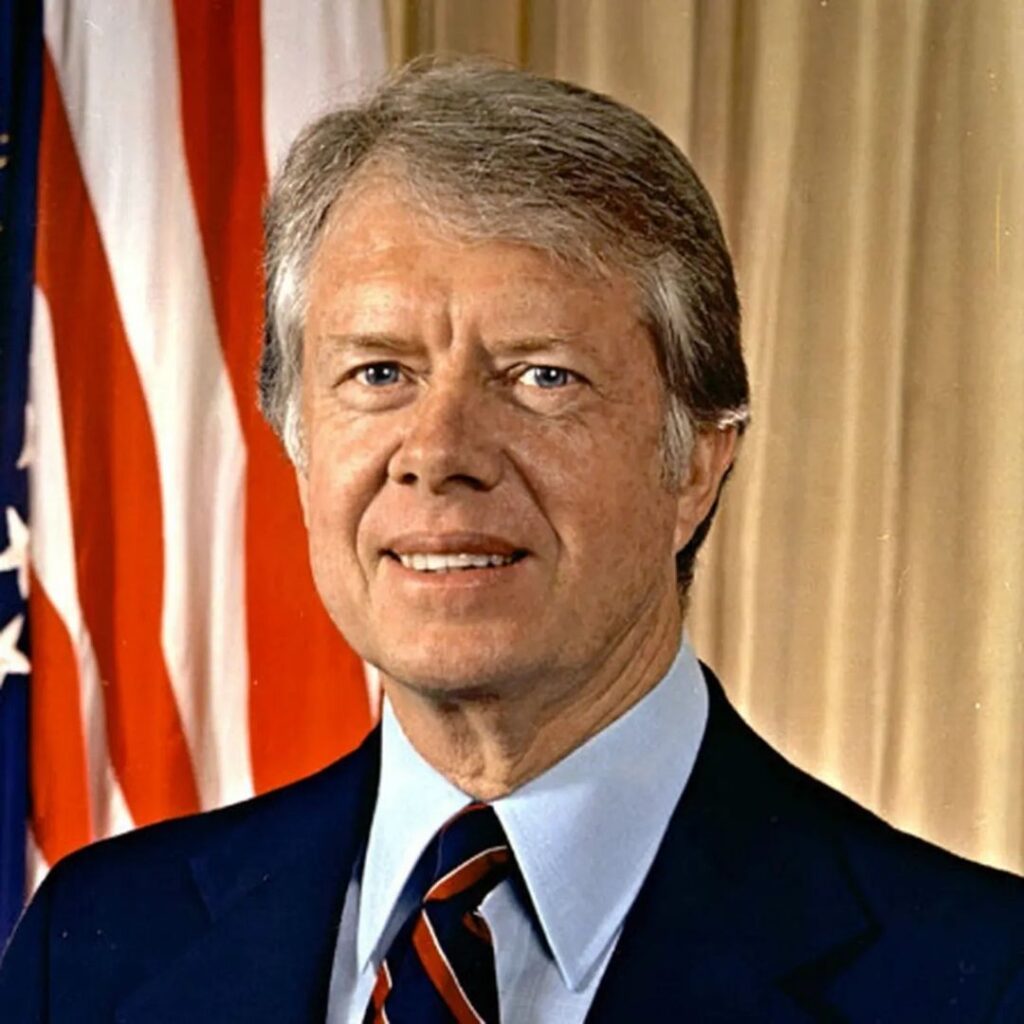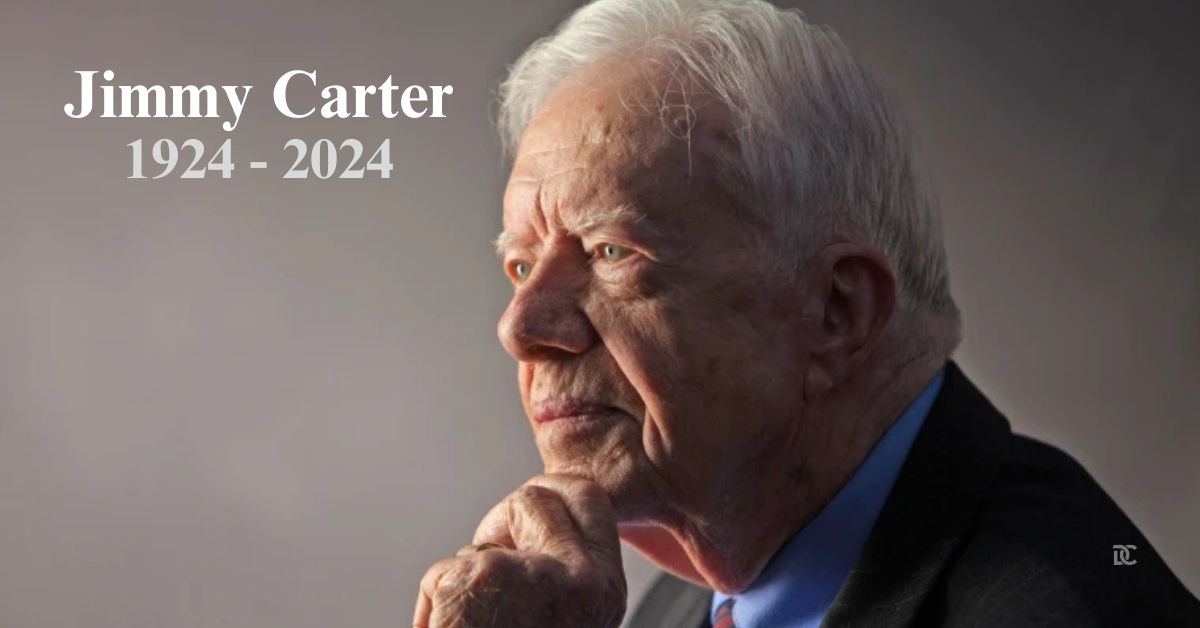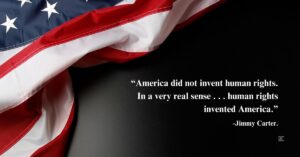It’s not every day that an entire country pauses to honor the life and legacy of a former president. Yet on January 9, 2025, the United States will do exactly that, marking a special National Day of Mourning for the late Jimmy Carter, who passed away at the age of 100. This gesture, following a time-honored tradition, includes the closure of most federal government offices, as well as the New York Stock Exchange and Nasdaq, as a sign of respect for the nation’s 39th president.
While many Americans may welcome the chance to reflect on Carter’s contributions, it’s important to understand what exactly this day of mourning entails—and how it differs from a typical federal holiday. Here’s a comprehensive look at the Jan. 9 memorial, the closing of federal offices, and the legacy that prompted President Joe Biden to sign an executive order honoring Carter in this way.
January 9, 2025, Is a Day of Mourning
Jimmy Carter, who served from 1977 to 1981, died on December 29, 2024, in his home in Plains, Georgia. At 100 years old, he was the longest-lived president in U.S. history.
By tradition, whenever a former president dies, the sitting president can declare a day of mourning, during which federal government offices close and American flags are flown at half-staff. This practice underscores the respect and tribute paid to one of the country’s leaders who played a pivotal role in shaping the nation’s policies and international standing.
Also Read
President Joe Biden announced that Jan. 9 would be observed as a National Day of Mourning.
In his official proclamation, Biden urged Americans to gather in places of worship and commemorate Carter’s memory. He also ordered that Carter’s funeral take place that day at the Washington National Cathedral, a site many associate with the funerals of past presidents, senators, and other dignitaries. Carter will lie in state at the U.S. Capitol Rotunda prior to the funeral.
A “Federal Holiday”—With a Caveat
When major news outlets report that “federal employees get the day off,” it’s easy to assume that Jan. 9 is now officially a federal holiday. But the White House clarifies an important detail: This National Day of Mourning is not classified as a recurring or permanent federal holiday for the general public, such as Memorial Day or Thanksgiving.
Instead, it’s a one-time closure that affects executive departments and agencies, allowing federal workers to observe Carter’s funeral and reflect on his legacy.
- Government Offices Closed: Most federal agencies and offices will be shuttered on Jan. 9. This includes post offices and many of the day-to-day services that rely on federal personnel.
- Essential Operations: Some government functions critical to national security, defense, or health may continue running on a limited basis. Think of it as similar to a weather emergency closure—if the work is indispensable (like air traffic control or certain law enforcement units), employees may be required to report in.
- Banks and Financial Markets: Just as with other days of mourning for presidents, the New York Stock Exchange (NYSE) and Nasdaq will be closed out of respect. For everyday Americans, that means no trading on Jan. 9, but banks themselves may vary: Many do mirror NYSE schedules, but some branches could stay open or have limited hours. Always check with your local branch if you need services that day.
Jimmy Carter: Why He’s Being Honored?

Jimmy Carter took office in January 1977, fresh from a stint as Governor of Georgia. Known for his emphasis on human rights and diplomacy, Carter brokered significant international agreements such as the Camp David Accords between Egypt and Israel.
He also faced tough domestic issues like the energy crisis and high inflation, leading to a mixed record during his single term. Nevertheless, Carter left the White House as a champion of humanitarian causes, founding the nonprofit Carter Center and tirelessly working on global health, peace negotiations, and Habitat for Humanity projects well into his 90s.
The former president battled multiple health challenges in his later years, including liver and brain cancer starting in 2015. Despite these setbacks, Carter continued to teach Sunday School classes at his local church in Plains, Georgia, and remain active in public discourse whenever possible.
His philanthropic and humanitarian contributions made him a beloved figure among many, ensuring that his passing would be met with a profound sense of national mourning.
Arrangements for Carter’s Funeral
Date: Jan. 9, 2025
Location: Washington National Cathedral
The Carter Center confirmed that Carter will lie in state in the U.S. Capitol Rotunda, a gesture reserved for the country’s most distinguished figures, allowing the public and officials to pay their respects. On the day of his funeral, a formal service at the Washington National Cathedral will host dignitaries, living former presidents, and international leaders who interacted with Carter throughout his decades of humanitarian work.
Following the service in Washington, Carter’s remains are expected to be transported back to Georgia for burial in Plains, his hometown. Full details of the funeral route, public viewing windows, and eulogies may be announced closer to Jan. 9.
Expect heightened security around the Capitol, the National Cathedral, and major thoroughfares in D.C.
What’s closed on January 9?
1. Federal Workers: Most will not report to the office on Jan. 9 unless designated essential. This is similar to other presidential funerals—for instance, the 2018 national day of mourning for George H.W. Bush.
2. Mail and Deliveries: With post offices closed, mail delivery will be paused for the day. UPS and FedEx often maintain their own schedules, but check locally.
3. Travel and Traffic: In Washington, D.C., and around Plains, Georgia, major roads could see closures or delays due to funeral processions and security. If you have travel plans, consider building extra time into your itinerary.
4. Stock Market: The NYSE and Nasdaq have confirmed they will close trading on Jan. 9. Investors should note that trades must be concluded prior to that date or wait until markets reopen on the following day.
Why It Isn’t a Public Holiday for Everyone
The White House carefully words its executive orders for national days of mourning to apply specifically to federal agencies. Private businesses are not mandated to close and typically will remain open.
Schools, local government offices, and retailers may choose to observe a moment of silence or fly flags at half-staff, but there’s no uniform requirement. Some workplaces might grant employees time off if they share Carter’s legacy or want to watch funeral broadcasts, but that’s left to the discretion of individual employers.
While Carter’s presidency lasted a single term, many argue that his enduring legacy took shape after he left the Oval Office. The Carter Center tackled challenges ranging from election monitoring worldwide to disease eradication campaigns in Africa. His personal humility, volunteer spirit, and unwavering religious convictions resonated with supporters across party lines.
Carter’s advanced age and declining health in recent years meant his death was not entirely a surprise, but the outpouring of grief nonetheless underscores the respect many held for him as both a humanitarian and an ex-president who deliberately chose a modest life in rural Georgia over financial gains or extended political power.
January 9, 2025, will be observed as a solemn National Day of Mourning for former President Jimmy Carter. Though all federal offices and the stock exchanges will close, it’s not a national holiday for the general public. Instead, it’s an opportunity to pause, reflect, and celebrate the life of a man who, after occupying the most powerful office in the country, devoted decades to humanitarian work, moral leadership, and global goodwill.
As we look back on the 39th president’s contributions and challenges, Jan. 9 stands as a reminder that leadership extends far beyond a presidency, and that a true legacy endures in the hearts and deeds of those impacted by one remarkable life.






